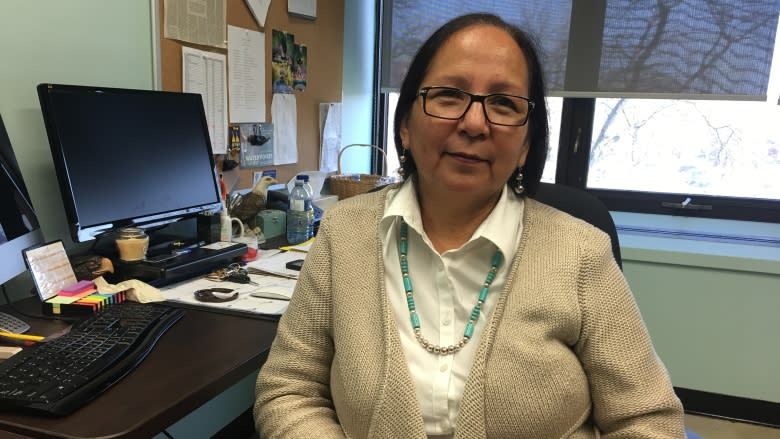Indigenous children lose cultural connection in child welfare system
An Indigenous woman who grew up in foster care unaware of her rich cultural background is worried the same fate will befall her own three children, who have been in the care of the Windsor-Essex Children's Aid Society since 2013.
CBC Windsor cannot name the woman to protect the children's privacy. Her family's story echoes the stories of other Indigenous families caught up in a system where there aren't enough Indigenous foster homes to support all the children in care.
The woman is from a First Nation, about 250 kilometres east of Edmonton, Alta. She moved to Windsor when she was just 18 months old.
"I was bounced around from foster home to foster home, then group home to group home," she told CBC News. "We weren't really looked after much. The girls were basically able to do whatever they wanted. There were some who went into drugs, some who were successful, some who weren't so lucky at all."
Overrepresentation of Indigenous children
The Windsor-Essex Children's Aid Society recently released a breakdown of how many Indigenous children were in its care compared to other "minority backgrounds" including "African Canadian" and "Islamic." The numbers show a disproportionate number of Indigenous children.
- 12.2 per cent of children in care are Indigenous
- 2.5 per cent of children in overall population in Windsor-Essex are Indigenous
In Ontario, Indigenous children were 12 times more likely to be identified as foster children than non-Indigenous children, according to a Residential Services Panel Review from 2016.
While there are a variety of factors that contribute to the overrepresentation, including cultural bias and poverty, the implications are stark, according to experts.
Cultural connections
The 25-year-old mother said she only began understanding her identity when she visited her band for the first time last summer and connected with family members.
"Their culture is so beautiful. Pow wows and family gatherings, even horse racing. It was amazing," she said. "They teach you things about their ways and about how they do things and it's actually a really beautiful thing."
Now she hopes her children will have an opportunity to connect with their culture earlier than she did.
"They've been bounced around from foster home to foster home. They're not learning about their culture," she said. "It bugs me I missed all that and I'm just learning about it now. It's important for my kids to know that."
Valarie Waboose, an Indigenous law professor at the University of Windsor, said there aren't enough Indigenous foster families because they often don't meet the Children's Aid Societies' criteria because "outsiders are telling us they don't have enough space" and because of "overcrowding in our communities."
"At a certain age in their life, they come back wondering who they are," she added. "They're with a non-Indigenous family and they start wondering when they're 12, 13, 14 years old, 'Why am I different?' They know they're not in the place they should be."
CAS working on relationship with community
Terry Johnson, acting CEO of the Windsor-Essex Children's Aid Society, said the agency is working on its relationship with Indigenous organizations and communities to better serve the children.
"Nobody wants to see those numbers. We have to be open to that criticism. We have to be transparent," she said. "We also need to put a lot of effort into keeping those kids in the home."
Johnson said in the past there was a push to put kids in foster care because it was the "best thing" for them, but that has started to change.
"Now, kids, as they're growing up, are telling us they still need connections with their family," she explained.
Ontario's Ministry of Children and Youth Services tells CBC Windsor it knows it needs "to do a better job of collecting data to improve child welfare system planning."
The Ontario Association of Children's Aid Societies currently does not have a requirement to keep track of the identity of the kids it cares for, but the ministry has plans to mandate those numbers in the "near future."
Currently, it can only estimate there are about 2,250 children in care of the nine child well-being societies in 2016-2017.



